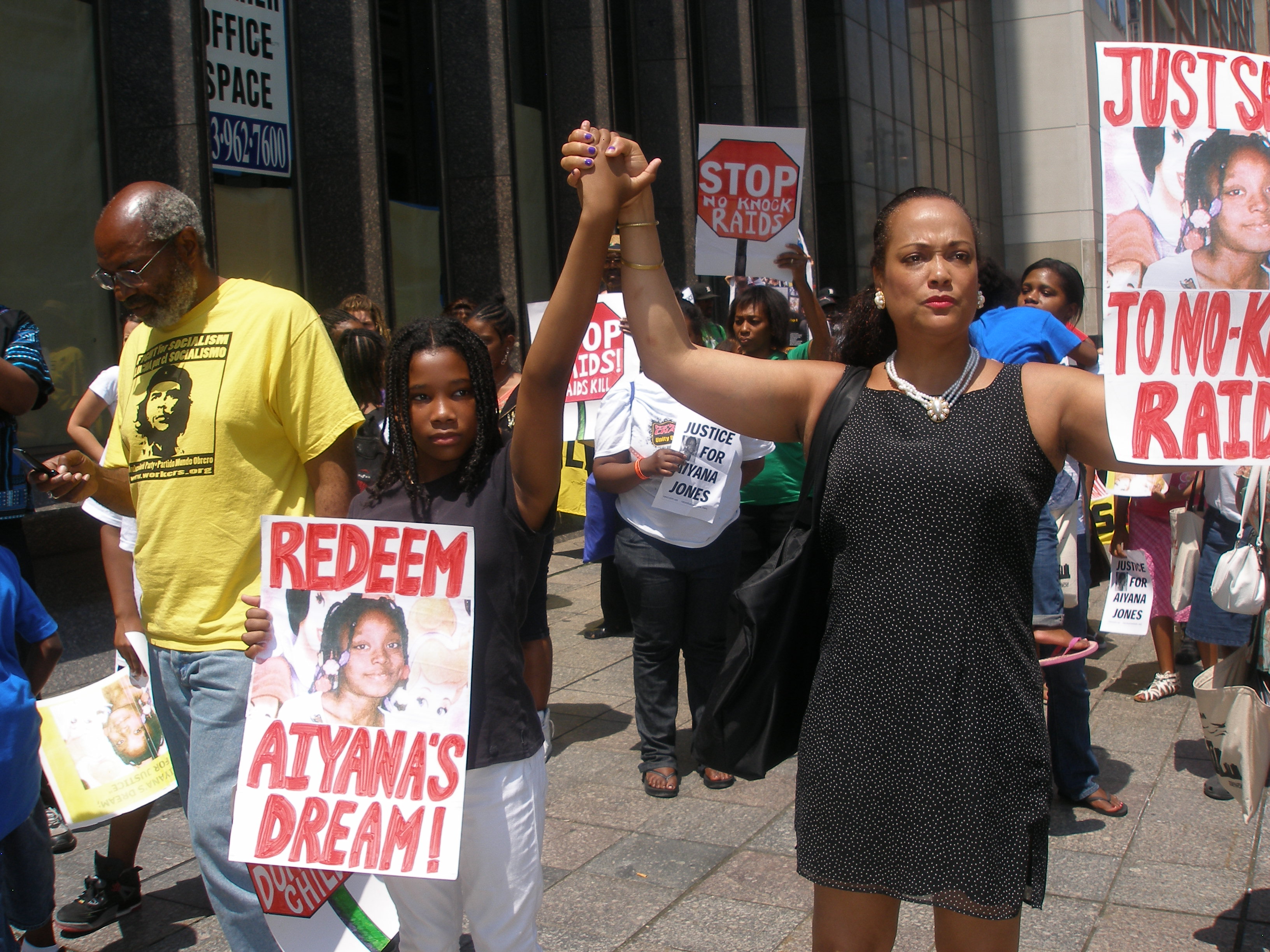Jimmy Mubenga came to England seeking asylum, seeking life. According to his wife, Makenda Kambana, he was on a government hit list, “They killed my father and they threatened to kill Jimmy. They were looking for him. We had no choice but to leave.” Earlier this week, on Tuesday, October 12, Mubenga boarded a plane for Angola, having lost his last battle for asylum in the UK. Within 50 minutes on the plane, he was dead.
Witnesses report that the guards, G4S private deportation `escorts’, jumped on Mubenga and throttled him to death. Escort deportation has become big business. Most of the 11 immigration removal centers in the UK are run by private firms, in particular G4S, GEO Ltd or Serco.
MPs are calling for an investigation, the former chief inspector of prisons as well. Many informed will raise their voices and eyebrows and hands in surprise and dismay at the violence. Charges of `excessive force’ and `brutality’ are heard across the land.
But Jimmy Mubenga is dead. As are …
Kenyan asylum seeker Eliud Nyenze, who collapsed in April this year at Oakington detention center, run by G4S. Nyenze complained of intense pain, so bad he was reduced to crawling around on the floor, begged for painkillers, and was denied any sort of medical attention. He died in excruciating agony.
Manuel Bravo, an Angolan asylum seeker who in September 2005 was found dead, hanged, in Yarl’s Wood.
Joy Gardner, a Jamaican woman applying for compassionate leave to stay in Britain, killed in front of her five year old son and her mother, September 1993.
These are the prominent, the recorded, names that have come up in discussions of Jimmy Mubenga’s death. Their deaths, the manner of their deaths, the impunity of those who killed them, is said to haunt the story of Jimmy Mubenga. The passengers on that British Airways flight are described as “haunted by the last cries of a dying man.” Understandably. The nation is haunted.
But Jimmy Mubenga is dead, and will remain so. He is not haunted by the past, but his name, his death, is haunted by the future. He is haunted by those who continue to seek asylum.
On Wednesday, October 13, the day after Jimmy Mubenga was killed, Malawian Florence Mhango and her ten-year-old daughter Precious were again blocked from receiving asylum. Precious is seeking asylum because she and her mother fear that if returned to Malawi, by law her estranged father can force her into marriage.
On Thursday, October 14, it was announced that the four-year ban on repatriating Zimbabwean failed asylum applicants would be lifted. Why? Because the Unity Government of Zimbabwe has worked. That many, including the Zimbabwean diasporic and overseas communities, believe that the situation is worsening, that a bloodbath may very well be imminent, is of no matter. That Robert Mugabe, on Friday, called for national elections whether or not the constitution has been passed, is of no matter. That the violence continues is of no matter.
What is important is that the Zimbabweans be sent back, be sent out. Take EM, an MDC member raped and beaten by policemen in her own home, send her back, because she has failed the test of asylum. Take Pauline Enagbonma, an albino woman who fears for her safety as an albino in Zimbabwe, and send her and her three young children back, children who have spent the majority of their lives in the UK. Take Nokuthula Ngazana and her famous 18 year old daughter Gamu, and send them back. Nokuthula Ngazana came to the UK, with her daughter, to study. Home Office claims she filed for visa extension “out of time”, and since Gamu was listed as her dependent on the application, she too must leave. Send them all back, along with all those whose names go unrecorded.
Seize them and you shall seize the day.
Send them all back for they have failed the test of asylum. In the protection of the State, there is no excessive force, there is no brutality. Those notions, like Nokuthula Ngazana’s application, are out of time.
Precious Mhango haunts Jimmy Mubenga, Gamu Nhengu haunts Jimmy Mubenga. The tens of thousands of children, of women and men seeking asylum and those who in the future shall seek asylum in the United Kingdom, they haunt Jimmy Mubenga.
And Jimmy Mubenga is dead.
(Photo credit: irr.org.uk)
